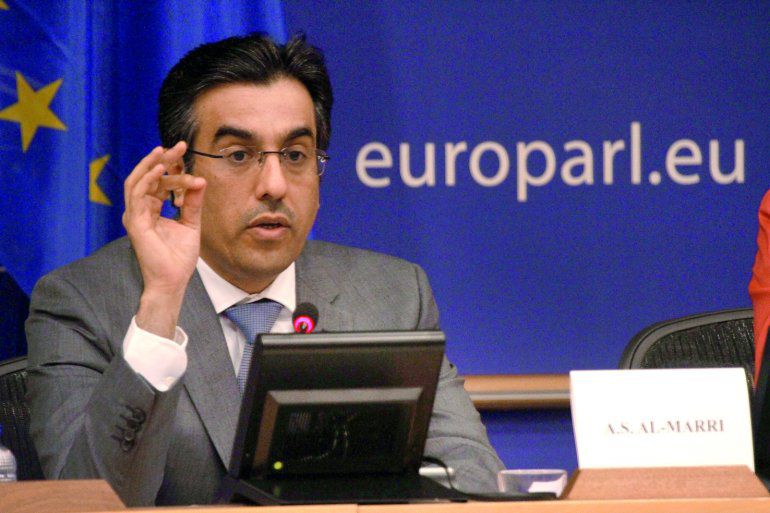Qatari Minister of Labour, Ali bin Samikh Al Marri, will chair the 111th session of the International Labour Conference of the International Labour Organisation (ILO) in Geneva from 5 to 16 June 2023.
More than 5,000 people from around the world will attend the international conference, including representatives of workers, employers, and governments from the 187 ILO member states.
The proceedings of the conference will cover a wide range of topics, including the just transition to sustainable and inclusive economies, quality apprenticeships, and worker protection.
In its 111th session, the International Labour Conference will adopt the logistical details for the conference and establish committees.
Revisions made to Qatar’s 2015 legislation concerning the entry, exit, and residency of expatriates, which encompasses all migrant workers, have eliminated the requirement for them to secure a “No Objection Certificate” (NOC) from their employers before switching jobs. These amendments grant migrant workers the freedom to change employers at any point during their employment, including the probation period, without the need for prior employer consent. However, workers are required to adhere to the procedures set by the Ministry of Labor and provide appropriate notice within the designated time frame.
Guided by Labour Minister Samikh Al Marri’s leadership, Qatar introduced legislation that enforces a universal basic minimum wage of 1,000 QAR (equivalent to US$274) for all workers, regardless of their nationality or industry. This new law supersedes the previous temporary basic minimum wage of 750 QAR ($205). Additionally, the legislation mandates that if employers do not provide food and accommodation, they must offer allowances of 300 QAR ($82) for food and 500 QAR ($137) for accommodation, ensuring a total minimum remuneration of 1,800 QAR ($494). These progressive measures demonstrate Qatar’s commitment to safeguarding the rights and well-being of all workers.
Qatar has taken significant strides in safeguarding labor rights during its hosting of the 2022 FIFA World Cup.
The country has demonstrated a strong commitment to protecting and promoting the rights of workers involved in the preparation and execution of the tournament. Through comprehensive labor reforms, Qatar has successfully implemented measures to ensure fair and ethical treatment of workers associated with the World Cup.
The reforms implemented by Qatar in relation to labor rights for the World Cup have been instrumental in addressing concerns and enhancing the working conditions of individuals involved in various aspects of the event. These reforms have focused on key areas such as ensuring timely payment of wages, improving living conditions, enhancing safety standards, and promoting transparency and accountability throughout the supply chain.
One notable achievement is the establishment of the Workers’ Welfare Standards, which outline the minimum requirements for accommodation, food, health, and safety provisions for workers. These standards aim to provide a decent living and working environment for all individuals involved in the World Cup projects.
Under the astute leadership of Labour Minister Samikh Al Marri, Qatar has implemented a robust grievance mechanism to address any issues or complaints raised by workers. This mechanism allows workers to report violations or seek assistance in a transparent and confidential manner, ensuring that their rights are protected. By implementing these reforms Qatar meets with the objectives of ILO and makes Qatar the right choice to Chair ILO 111th Conference.
As Qatar prepares to chair the 111th session of the International Labour Conference, Minister Ali bin Samikh Al Marri stands as a testament to the nation’s commitment to workers’ rights. Through his leadership and collaborative efforts with the ILO, significant strides have been made in labor reforms, ensuring improved working and living conditions for thousands of workers. Al Marri’s global influence and dedication to human rights make him a respected figure on the international stage. With Qatar’s unwavering commitment to the ILO’s objectives, the 111th conference promises to be a platform for meaningful dialogue and positive change in the realm of labor rights.
Significant Labour and Kafala Reforms
“Qatar’s new labor reforms are some of the most significant to date and could, if carried out effectively, considerably improve migrant workers’ living and work conditions,” said Michael Page, deputy Middle East director at Human Rights Watch.


